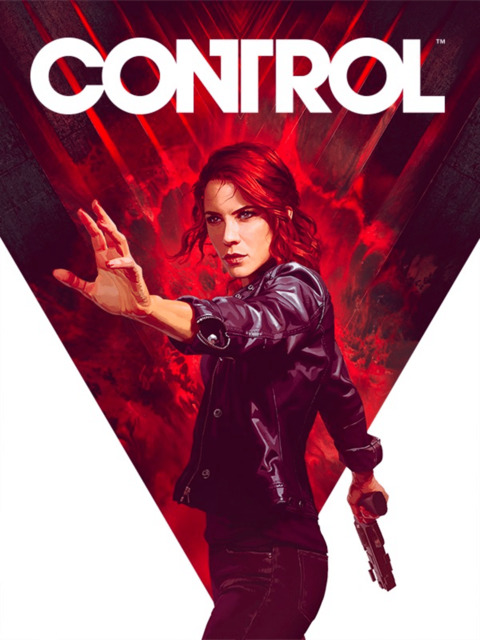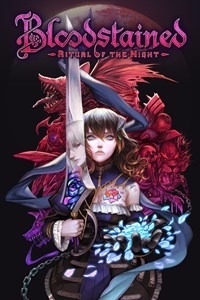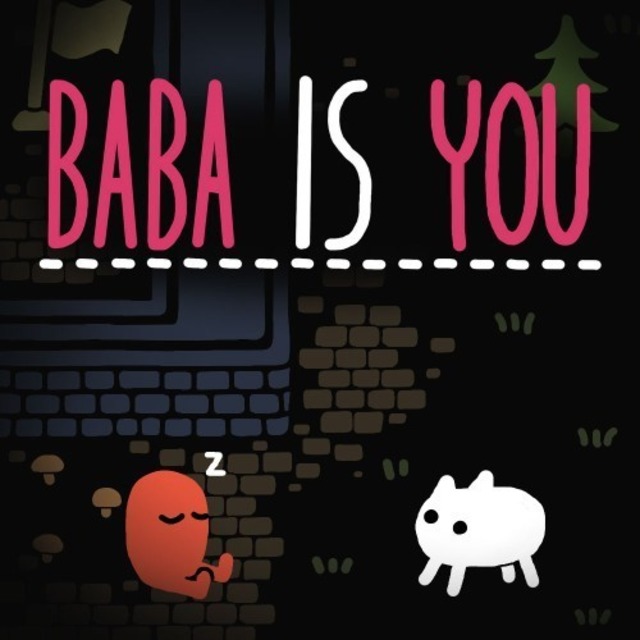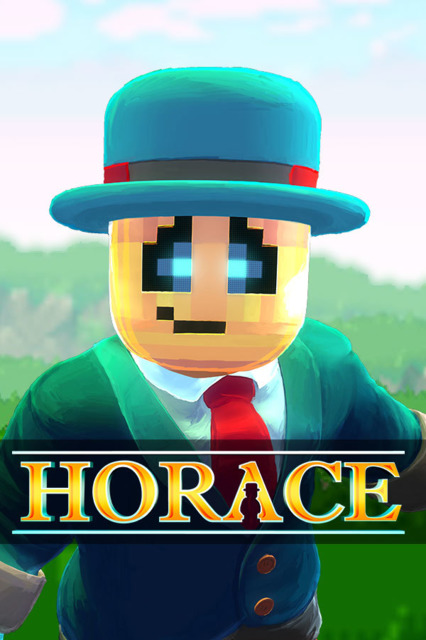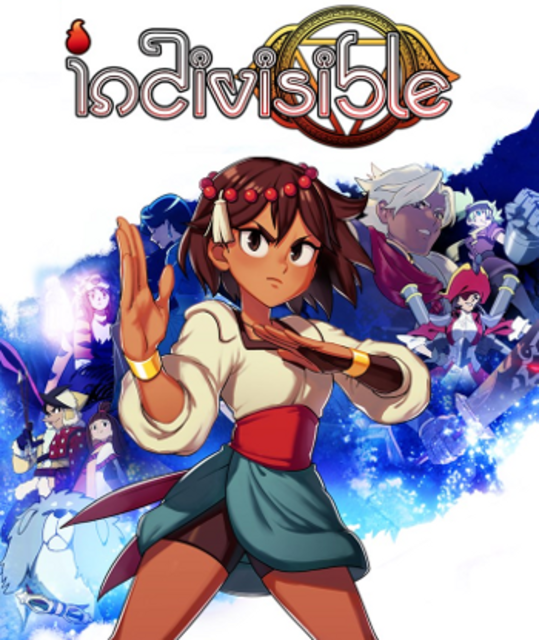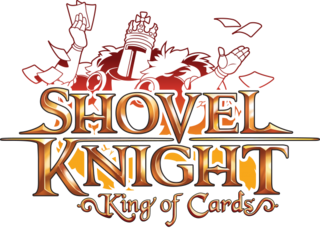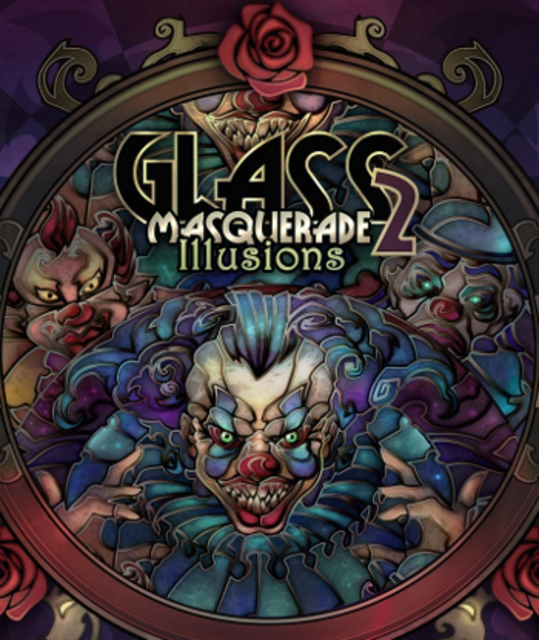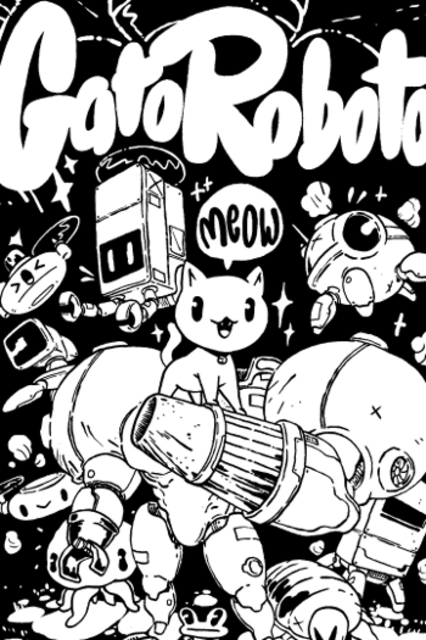GOTY 2019
Ten games in a rough order of preference as per tradition.
(I swear, these GOTY list descriptions get more terse every year. Look out for GOTY 2020, where it'll just say "Words.")
Some honorable mentions that didn't make the cut:
- Odysseus Kosmos and His Robot Quest: The quality of this serial adventure game's puzzles fell sharply with its last two episodes, but it looks good and is well-written so I might recommend it if you like slow-moving space dramas and '90s point-and-clicks.
- Outer Wilds: The PS4 version is presently busted, so as soon as they fix the save corruption bug I'll give it another shot. Really hoped to have solved its mysteries before the GOTY podcasts solved them all for me but... the best laid plans of mice and astronauts, right?
- PictoQuest: A "picross RPG" that couldn't figure out a compelling way to hybridize the two genres, alas.
- Pikuniku: Adorable but very simple adventure-platformer game more intended for a younger audience. Eminently likable, even for as rudimentary as it is, and the dialogue's fun too.

